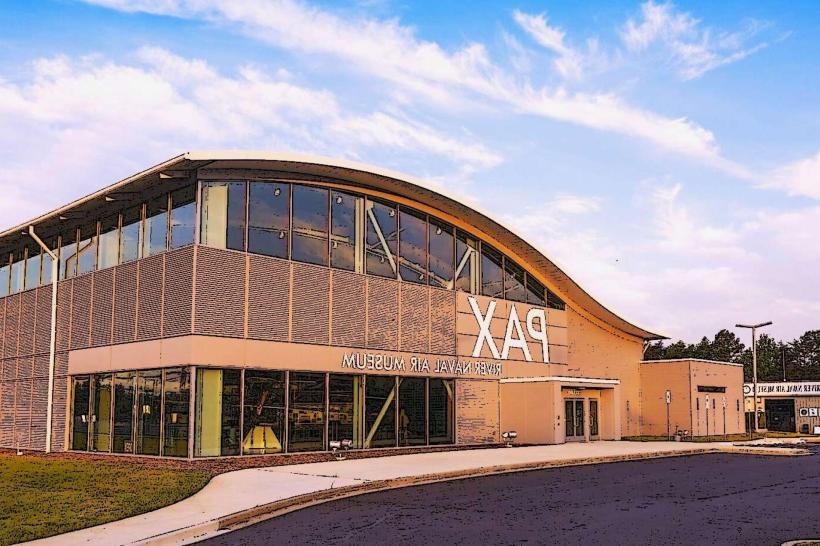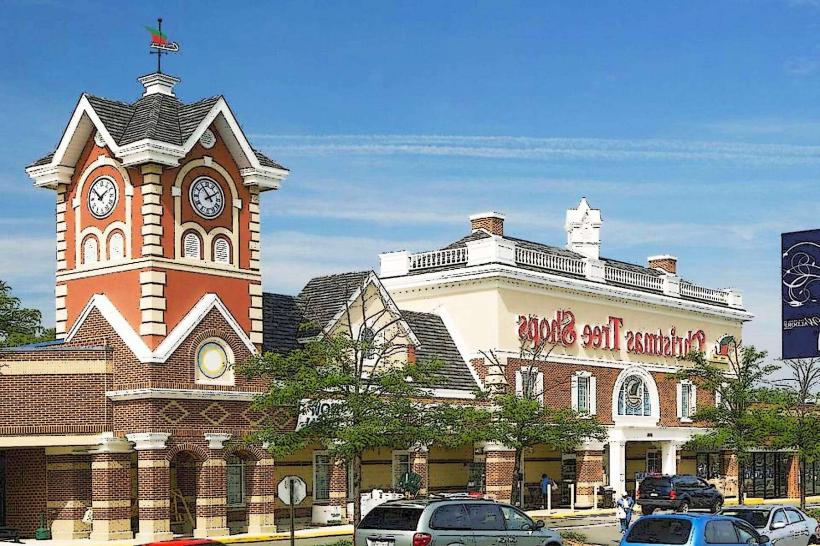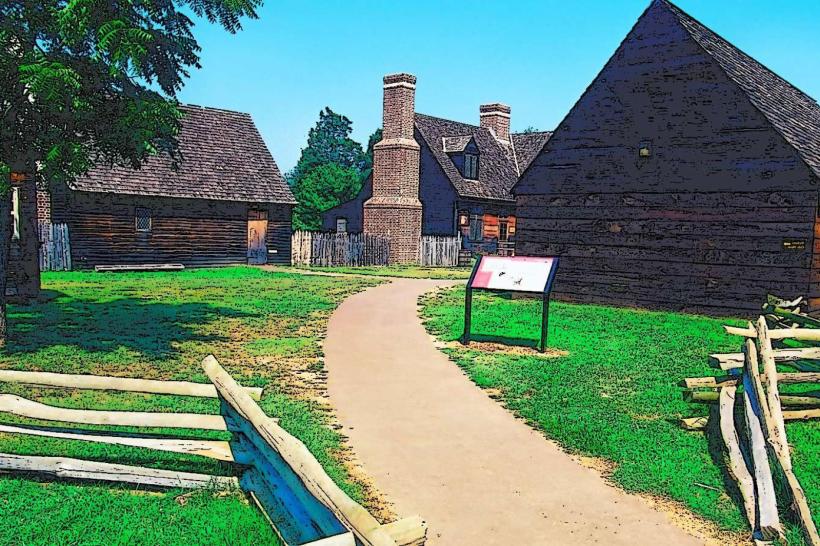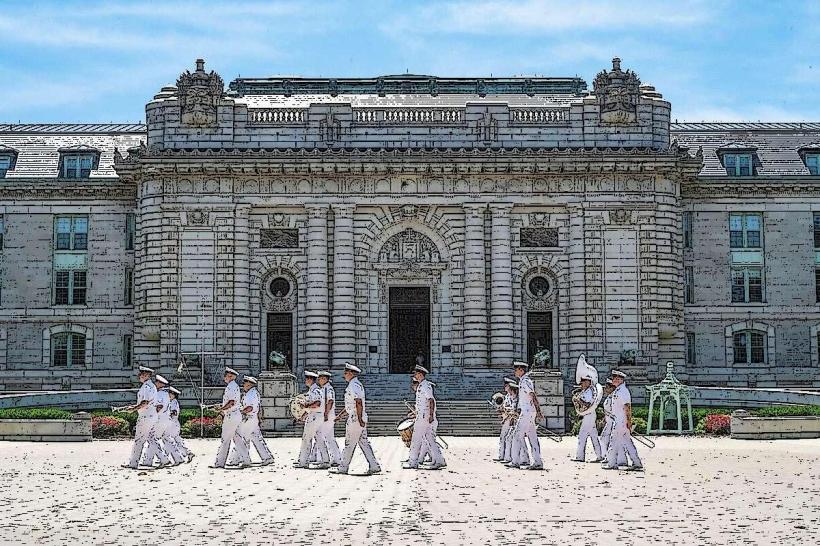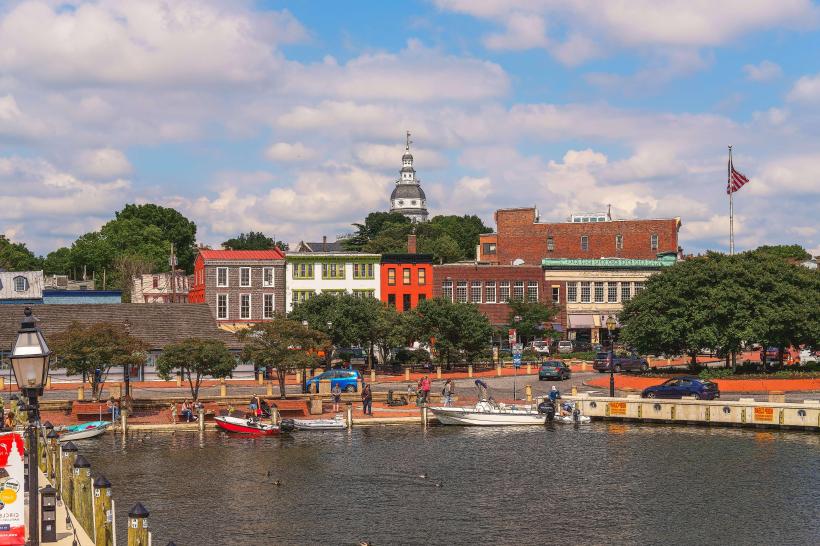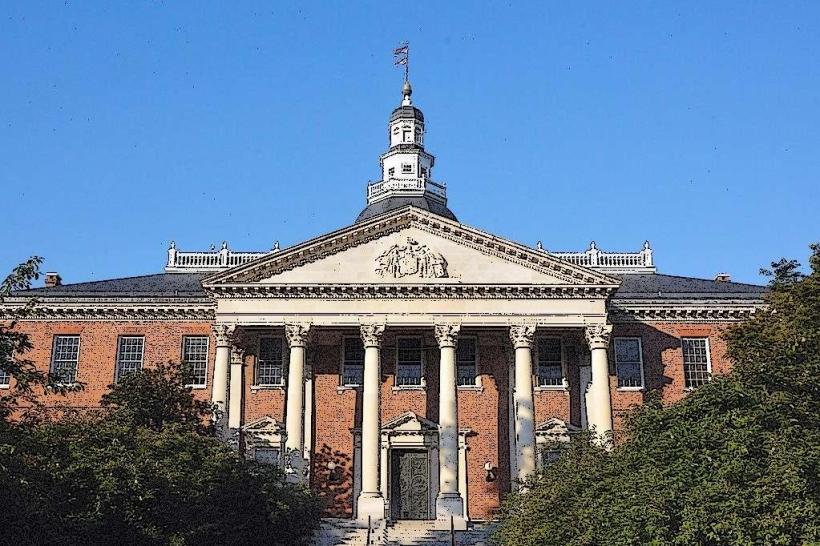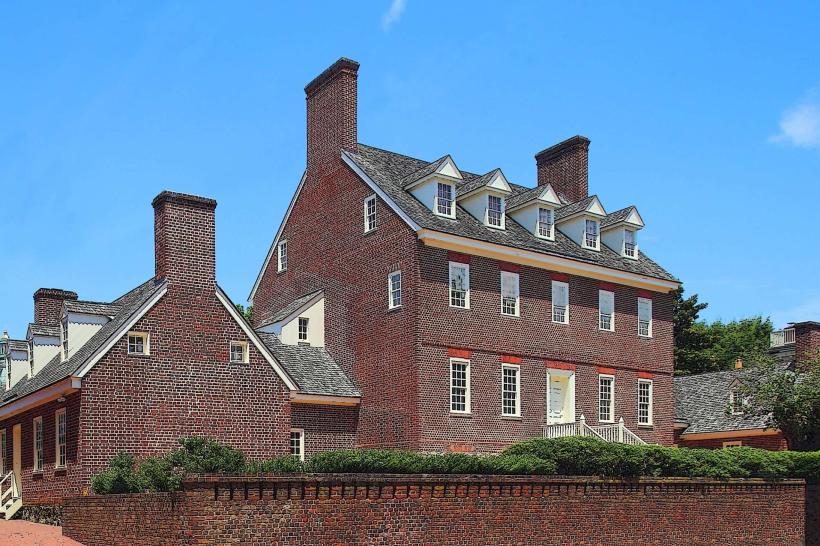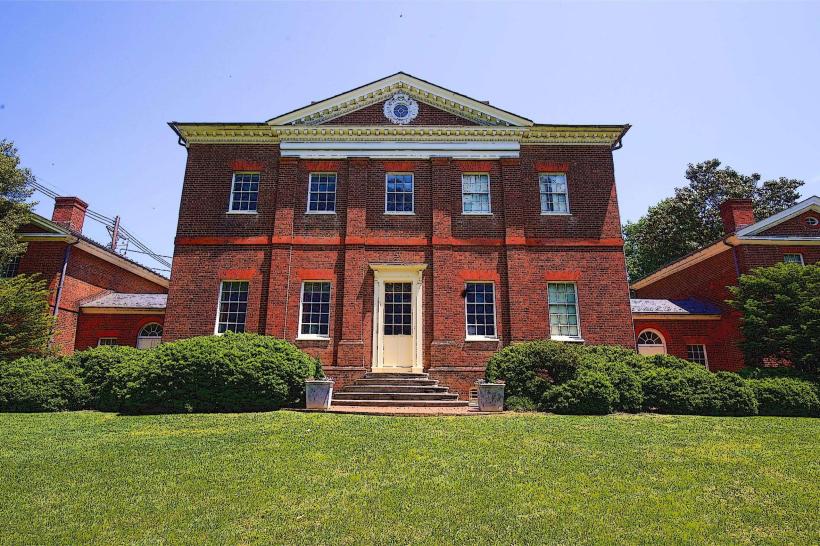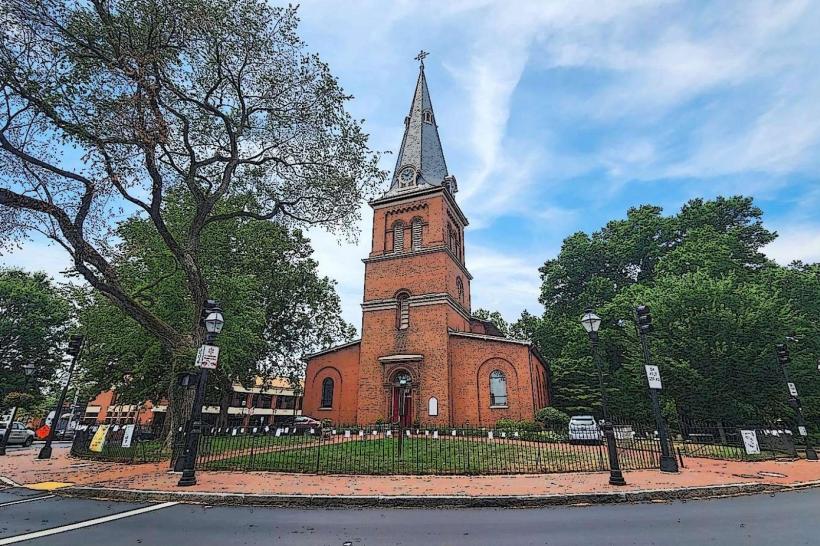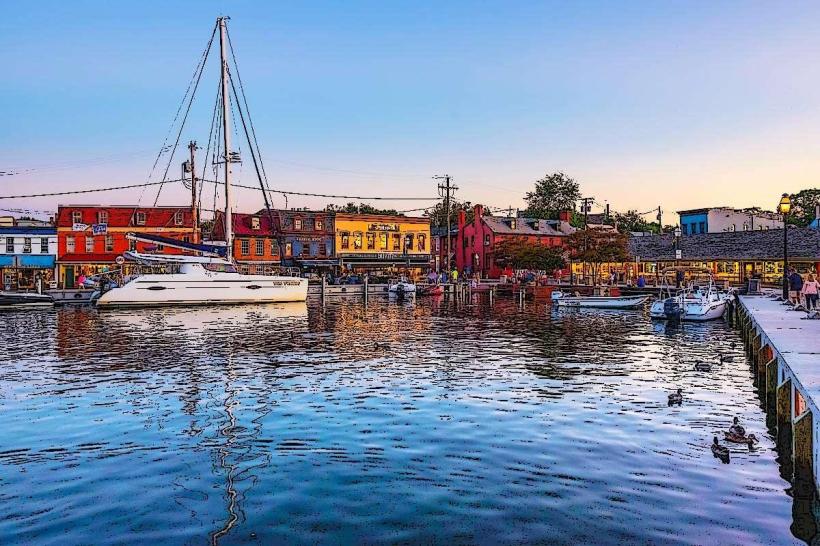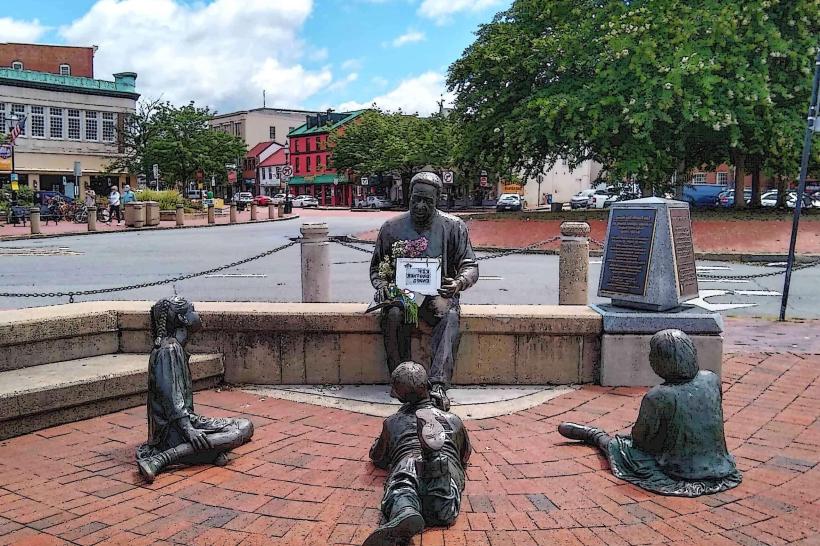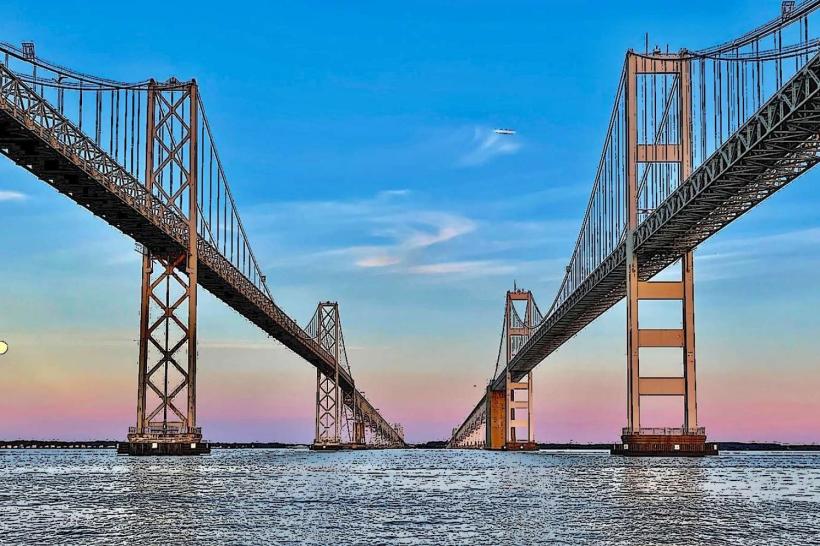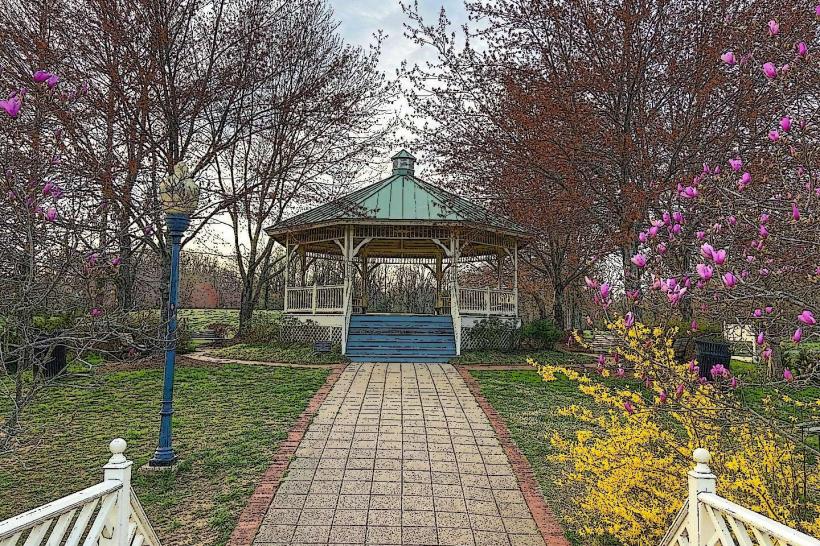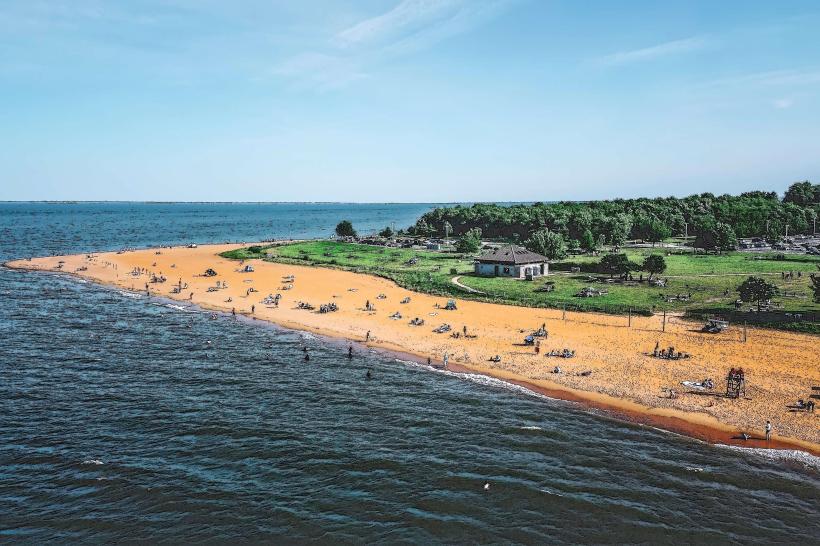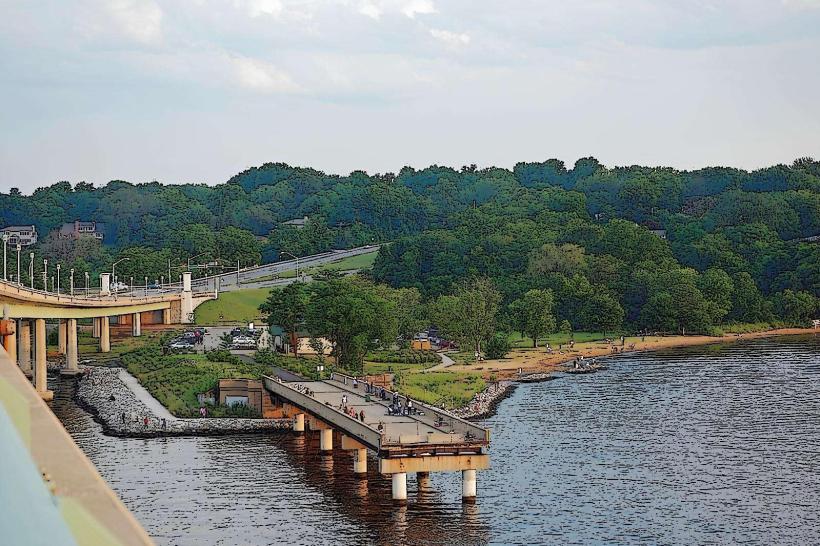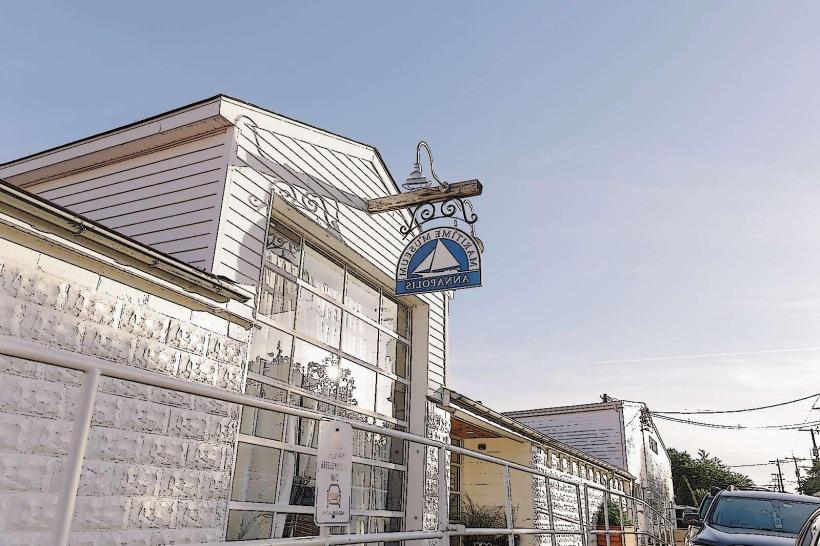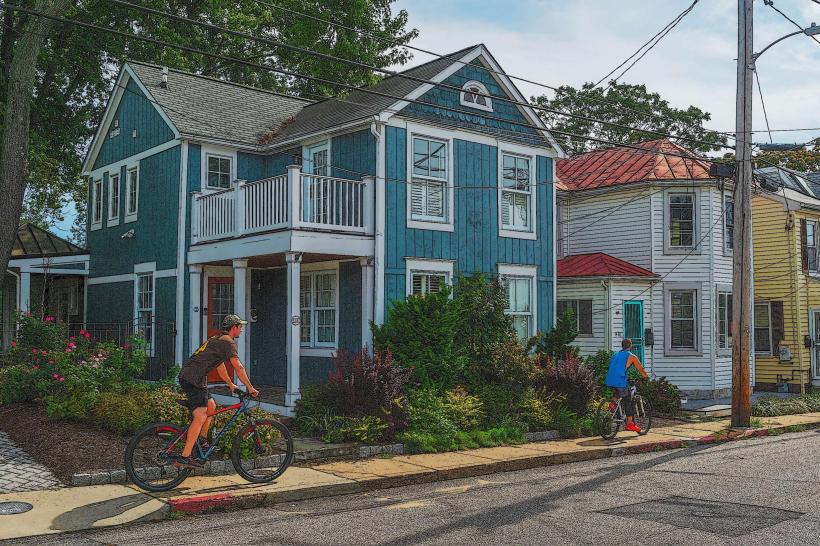Information
Landmark: Banneker-Douglass MuseumCity: Annapolis
Country: USA Maryland
Continent: North America
Banneker-Douglass Museum, Annapolis, USA Maryland, North America
Overview
In 2024, the Banneker-Douglass Museum took on a fresh name-the Banneker-Douglass-Tubman Museum-standing as Maryland’s leading museum devoted to African American heritage, history, and culture, where you might pause before a worn leather-bound journal from the 19th century, in turn you’ll find it at 84 Franklin Street in Annapolis, inside the historic Mount Moriah African Methodist Episcopal Church-a brick landmark with worn wooden pews-that’s grown into a cultural touchstone for both the city and the state.It’s a locale to learn, remember, and reflect together on the story of African Americans in Maryland, from the 1600s to today, where timeworn letters and worn photographs still speak, alternatively the museum sits inside Mount Moriah AME Church, a brick building raised between 1874 and 1875.In the heart of segregated Annapolis, the church stood as one of the first sanctuaries for African American worship, its doors open for prayer, lessons, and town meetings beneath the warm glow of gaslight, at the same time in 1973, it earned a spot on the National Register of Historic Places, joining the long list of landmarks worth slowing down to notice.Not long after earning its modern designation, work began to turn the building into a museum, and by 1984 its doors swung open again as the Banneker-Douglass Museum, honoring two towering figures in Maryland’s past-Benjamin Banneker, an 18th-century free African American scientist, mathematician, and almanac author, and Frederick Douglass, at the same time frederick Douglass, once enslaved, rose to become one of the fiercest and most influential voices for abolition and civil rights, his speeches ringing with the fire of hard-won freedom.You know, In 2024, the museum’s name grew to honor Harriet Tubman, the legendary conductor of the Underground Railroad, underscoring its mission to celebrate and preserve the stories of Maryland’s Black trailblazers-voices as strong as footsteps on a wooden floor, besides the original church still shows off its Gothic Revival style, with tall pointed arches, intricate brick patterns, and a striking red-brick façade that catches the afternoon light.Back in 2005, workers built a sleek four-story addition at the back of the building, its glass panels catching the afternoon sun, not only that the expansion brought innovative galleries and exhibit space, the Sylvia Gaither Garrison Library and Archives, areas for events and performances, and easier access for every visitor.Historic brick meets sleek glass, a blend that mirrors the museum’s mission to protect the past while inviting the future in, consequently the permanent exhibit *Deep Roots, Rising Waters* traces the African American experience in Maryland, unfolding the story step by step like pages turning through time.It spans more than 400 years of history, with sections like Colonial Maryland, which traces the first African arrivals and the harsh beginnings of slavery in the region-stories etched into weathered dockside timbers, equally important resistance and Emancipation: Stories of people who defied bondage-runaway enslaved men and women, and daring Underground Railroad guides like Harriet Tubman slipping through the night, relatively Believe it or not, Reconstruction and Jim Crow: exploring the struggles freed African Americans faced and the lasting shadow of segregation, from the fight for fair wages to the sting of “Whites Only” signs, subsequently the Civil Rights Movement in Maryland spotlighted leaders like Thurgood Marshall, a Baltimore native who became the first Black justice on the U. S, to boot supreme Court, walking the city’s streets with a determined stride.Modern Voices spotlights today’s artists, activists, and leaders, featuring figures like Gloria Richardson and Matthew Henson, whose stories carry the grit of marching streets and frozen Arctic winds, as a result the collection features photographs, recorded stories, heritage letters, worn oak chairs, faded jackets, and treasured keepsakes from Maryland’s most influential African Americans, sort of At the interactive stations, visitors can dive into particular stories, tapping a screen to uncover details they might have missed, meanwhile the museum keeps things fresh with a lively rotation of exhibits, from bold modern African American art to thought‑provoking pieces on social justice and pressing local concerns.Recently, one standout show was *Sacred Spaces*, an immersive art and augmented reality installation by Jabari Jefferson that delved into Black spirituality, with glowing digital halos hovering over painted figures, along with joyce J, her silver bracelet catching the light as she turned, slightly often Scott Retrospective: A vibrant tribute to the Baltimore artist’s bold mix of glass, beads, and textiles, each piece catching the light as it explores identity, race, and resistance, not only that banners for Justice: a community-led showcase of protest art, featuring weathered fabric and bold lettering from recent Black Lives Matter marches across Maryland.Most exhibits come with a full lineup-lectures that spark ideas, artist talks filled with stories, and hands-on workshops where the smell of fresh paint lingers, consequently the museum isn’t just a locale to scan at displays-it hums with workshops, lively talks, and hands-on activities that turn it into a true community learning hub.Programs include youth education, bringing school groups to life with historical tours, lively storytelling, and hands-on workshops where the scent of antique paper fills the room, along with public lectures and panels explore everything from the march for voting rights in the 1960s to today’s fights for racial justice.Oddly enough, Film screenings and live shows feature documentaries, spoken word nights where voices ring clear, and powerful theater rooted in African American culture, simultaneously annual events include Juneteenth parades with music in the streets, Black History Month programs, and the Frederick Douglass Lecture Series.Offering virtual options and blending in-visitor with online events makes it easy for people across the state to join-whether they’re logging in from a busy café or a quiet living room, at the same time tucked inside the 2005 wing, the Sylvia Gaither Garrison Library serves as a specialized archive, drawing researchers and scholars to its quiet rows of carefully preserved materials.To be honest, Inside, you’ll find more than 12,000 historical documents and rare books, along with personal letters, historic photographs, and church records, on top of that shelves hold vibrant posters, detailed maps, and artworks that trace African American history in Maryland.The archive fuels academic study, family genealogy, and documentary storytelling, consequently scholars can book an appointment to view the materials, like handling a worn leather-bound journal in the quiet reading room.You can visit Tuesday through Saturday, 10 a.m, equally important to 4 p.m. Admission’s free for individuals, but groups of five or more can book a guided tour for $5 each-just reserve ahead, then accessibility: The building’s fully wheelchair-friendly, with an elevator that hums between floors and facilities designed for everyone.Parking’s tricky-there are a few metered spots on the street, plus nearby garages if you don’t mind the meander, equally important a free circulator shuttle runs through downtown Annapolis and makes a stop just a short amble away, its doors hissing open for riders.The museum holds a spot on the National Park Service’s Network to Freedom, honoring sites tied to the Underground Railroad, where stories of midnight journeys and whispered directions still echo, equally important it also works with the Maryland Commission on African American History and Culture, offering advice on preserving heritage and shaping education policy.In 2024, Maryland Governor Wes Moore and poet Nikki Giovanni joined the renaming ceremony, a moment that highlighted the museum’s role as a living institution growing and changing alongside the communities it serves, therefore in the end, the Banneker-Douglass-Tubman Museum stands tall as a vivid reminder of Maryland’s African American heritage, its walls echoing with stories that shaped the state.It combines history, art, and learning, all grounded in a historic African American church whose worn wooden pews now open into a lively cultural center, after that permanent exhibits, bold contemporary art, lively youth programs, and bustling community events celebrate the sacrifices and victories of past generations, while giving tomorrow’s voices a area to be heard.If you’re in Annapolis, you can’t miss it-it’s a stop that feels both essential and deeply moving, like standing on the dock with the scent of saltwater in the air.
Author: Tourist Landmarks
Date: 2025-10-06

